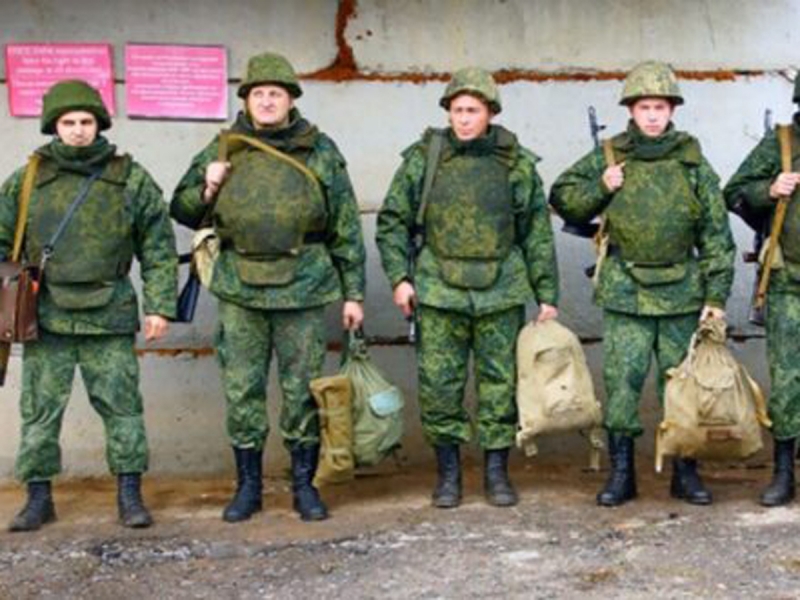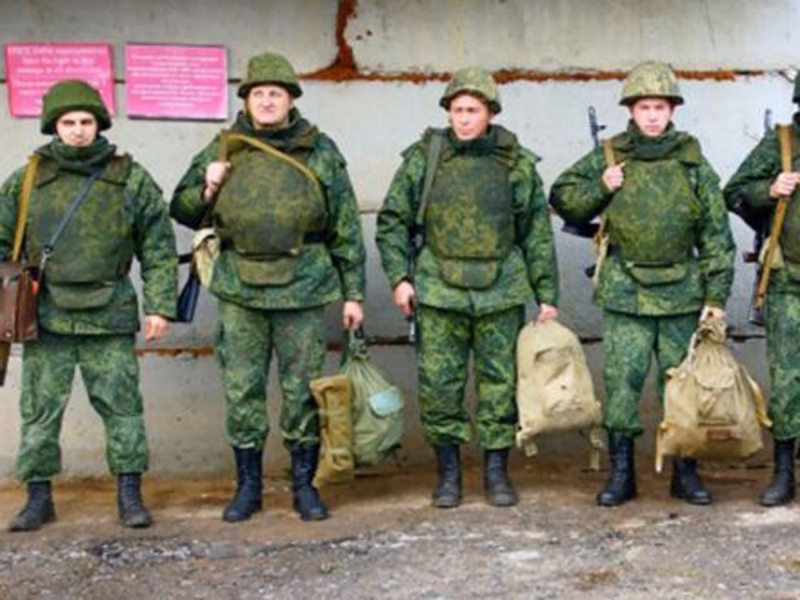
It involves the introduction of a pass regime, the seizure of property, work on defense and others.
Today, on October 19, during a meeting of the Security Council of the Russian Federation, President Vladimir Putin announced that a martial law regime is being introduced in four regions of Russia. These included the Kherson, Zaporozhye regions, Donetsk and Lugansk republics.
According to experts, lawyers of Sotheby’s Dmitry Savochkin, Varvara Knutova and Alexey Lezhnikov, the new status provides for a number of restrictions and can affect the lives of citizens.
In an interview with journalists, they explained that such a regime can be local. It is not necessary to introduce it in the whole country. So, since October 20, martial law has been introduced in four regions, in eight – in the Crimea, Krasnodar Territory, Belgorod, Bryansk, Voronezh, Kursk, Rostov regions and Sevastopol – a medium-level response regime is being introduced, and the remaining 74 will not affect.
Three days after the publication of the Decree of the President of the Russian Federation, the Russian government must submit proposals on measures that will be applied in territories with martial law.
Restrictions on the rights of citizens include the following:
- the introduction of a pass regime, verification of documents and inspection of transport and citizens who aroused suspicion. If you do not have any documents with you, the Russian can be taken to the police department for identification;
- restriction of freedom of movement on the territory, place of residence up to a complete ban on settlement;
- introduction of curfew;
- liberation from people, vehicles and objects of individual sites and localities;
- temporary resettlement of people to other areas;
- strengthening the protection and introduction of a special mode of operation of military, important state and special facilities, as well as life-supporting facilities, transport, communications and communications, energy facilities;
- control of communication services and telephone conversations in which the authorities can search for information about terrorist attacks, up to the complete termination of their provision;
- prohibition or restriction of meetings, rallies and demonstrations, marches and picketing and other events;
- seizure of personal transport from ordinary citizens by the police in order to use it to deliver victims to medical institutions, to pursue terrorists;
- introduction of military censorship;
- introduction of quarantine, sanitary measures;
- seizure of property from legal entities and citizens with reimbursement of its value subsequently;
- attracting citizens to work for defense, restoring lost objects, fighting fires and epidemics;
- the right to unhindered penetration of counterteroperation performers into the premises and land plots of owners during counterterrorism activities;
- prohibition or restriction of travel outside the Russian Federation.
Earlier, Topnews wrote that Vladimir Putin imposed martial law in four Russian regions.

